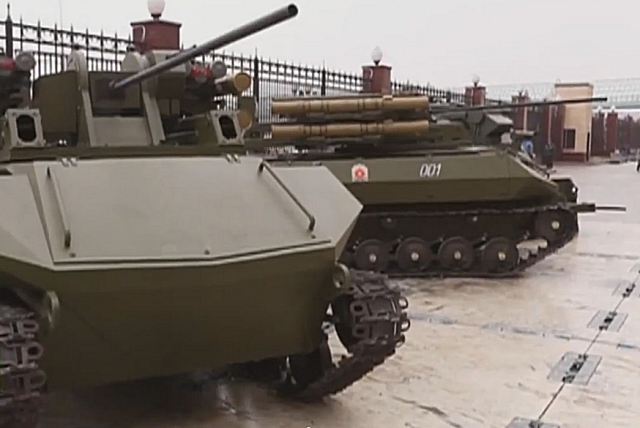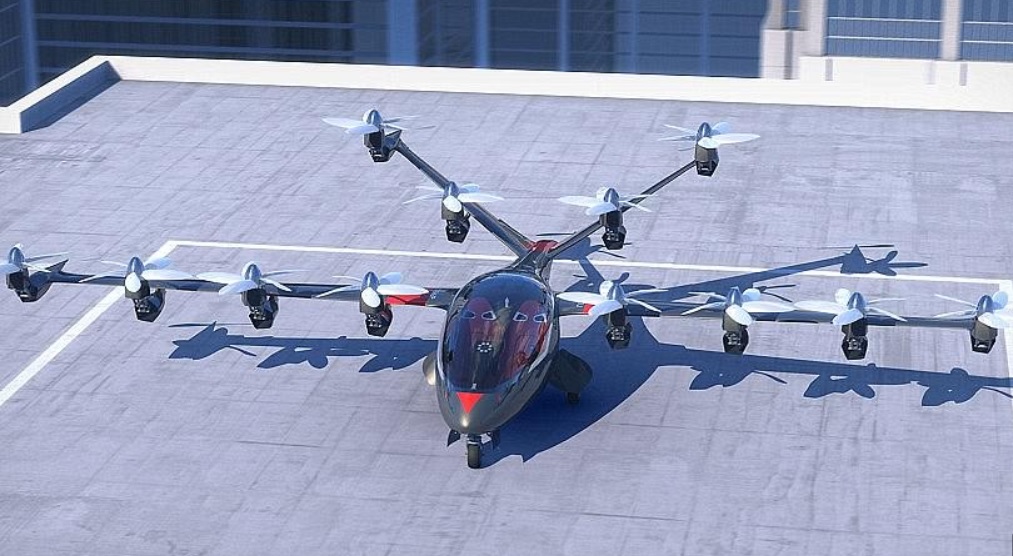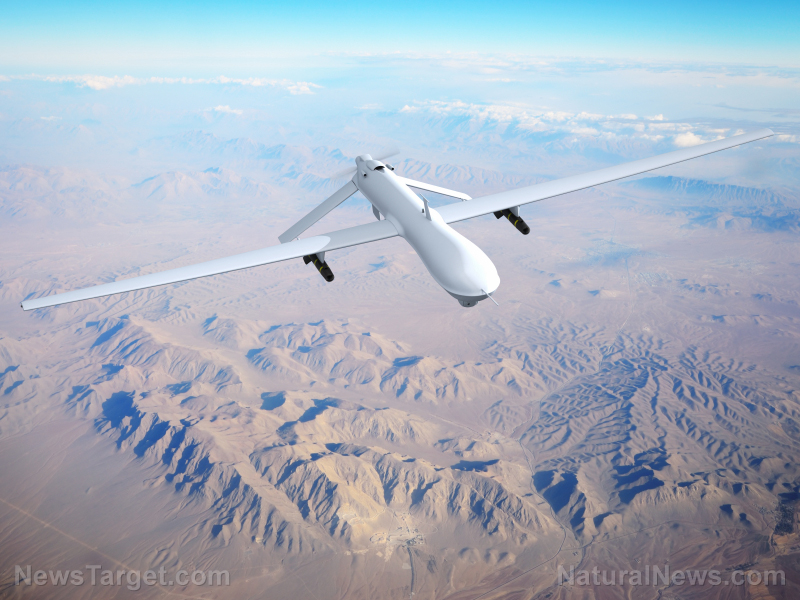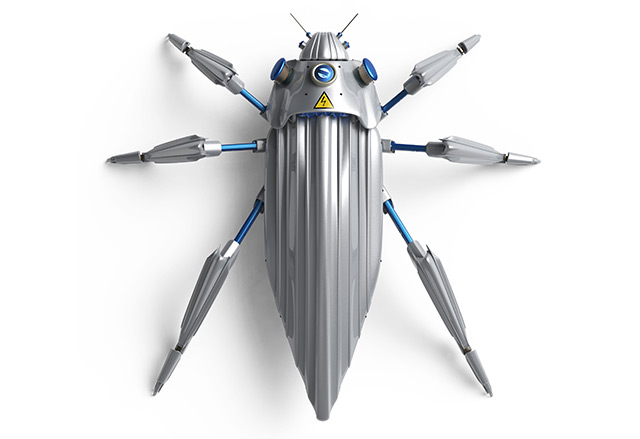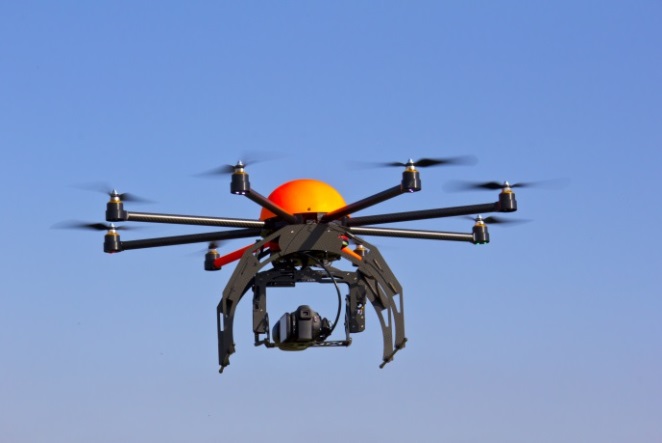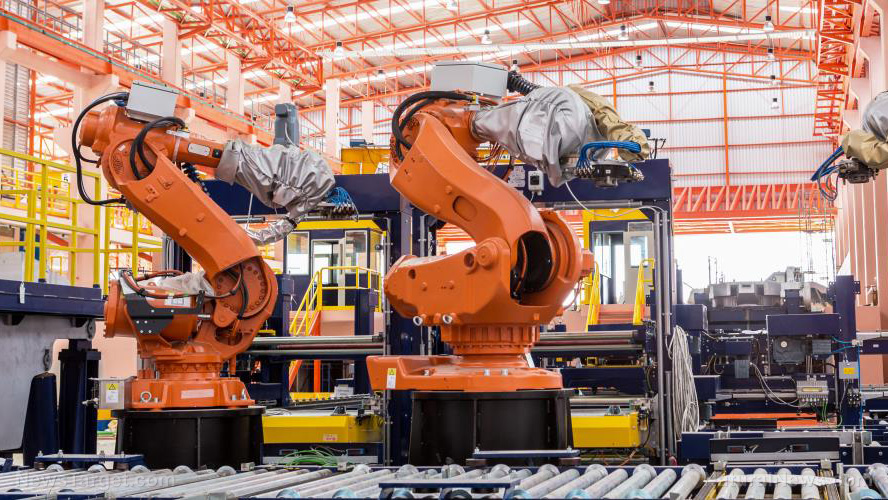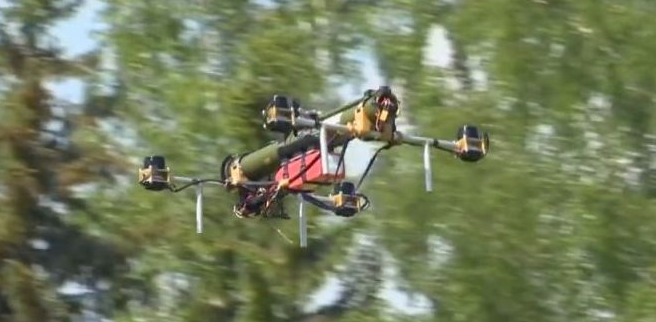(NationalSecurity.news) Chinese and Russian development of highly capable autonomous combat robots is alarming Pentagon planners as the Defense Department rushes to play catch-up, Defense One reports.
At a recent national security forum hosted by the Center for a New American Security, Deputy Defense Secretary Robert Work said the Pentagon was especially concerned over Russian robots that are capable of independently carrying out military operations.
Work cited the Defense Science Board’s study over the summer on autonomy and Artificial Intelligence (AI), which stated that humans stand at “an inflection point” in the development of AI.
Different countries are reacting to that phenomenon in different ways, Work said.
“We know that China is already investing heavily in robotics and autonomy and the Russian Chief of General Staff [Valery Vasilevich] Gerasimov recently said that the Russian military is preparing to fight on a roboticized battlefield and he said, and I quote, ‘In the near future, it is possible that a complete roboticized unit will be created capable of independently conducting military operations.’”
What would that kind of adversary look like? Maybe like a future version of the Armata T-14 tank, built by Russian defense contractor Uralvagonzavod. The company’s deputy director general, Vyacheslav Khalitov, told Russian media in October, “We will be able to show prototypes in 1.5 to 2 years. We are gradually moving away from crewed machines.”
As NationalSecurity.news reported in October, such autonomous systems could be used to attack fortified positions and clear defenses without putting human soldiers at risk.
Russia also announced in March 2014 that it will deploy armed sentry robots at five Strategic Missile Forces bases around the country. The robots are said to be capable of selecting and destroying targets with no human in or on the loop.
Defense One noted that tomorrow’s robot enemy army might look a lot like these from China, which were recently unveiled by China’s Harbin Institute of Technology, at the 2015 Beijing World Robot Conference. They can wield assault rifles, anti-tank weapons and grenade launchers. Future models might also include lasers.
Work said he believes the U.S. military must “dominate” in machine learning and AI. As Defense One reported further:
It’s a key feature of the so-called offset strategy, a Pentagon research initiative meant to secure technological advantage over adversaries (‘offsetting’ similar gains by those nations.) But, said Work, that the way the United States goes about designing and especially employing AI is distinct and more human reliant than Russia or China.
“I will make a hypothesis: that authoritarian regimes who believe people are weaknesses … that they cannot be trusted, they will naturally gravitate toward totally automated solutions,” Work said. “Why do I know that? Because that is exactly the way the Soviets conceived of their reconnaissance strike complex. It was going to be completely automated. We believe that the advantage we have as we start this competition is our people.”
Some defense and robotics experts are concerned about giving machines autonomous lethal capabilities, though they don’t see that coming anytime soon.
- Click here to ‘like’ NationalSecurity.news on Facebook and get access to more exclusive content! Also, sign up below for our email newsletter so you never miss another story!
See also:
Defense One
NationalSecurity.news
Popular Science

